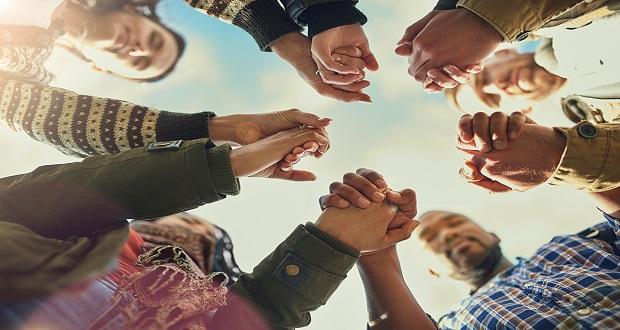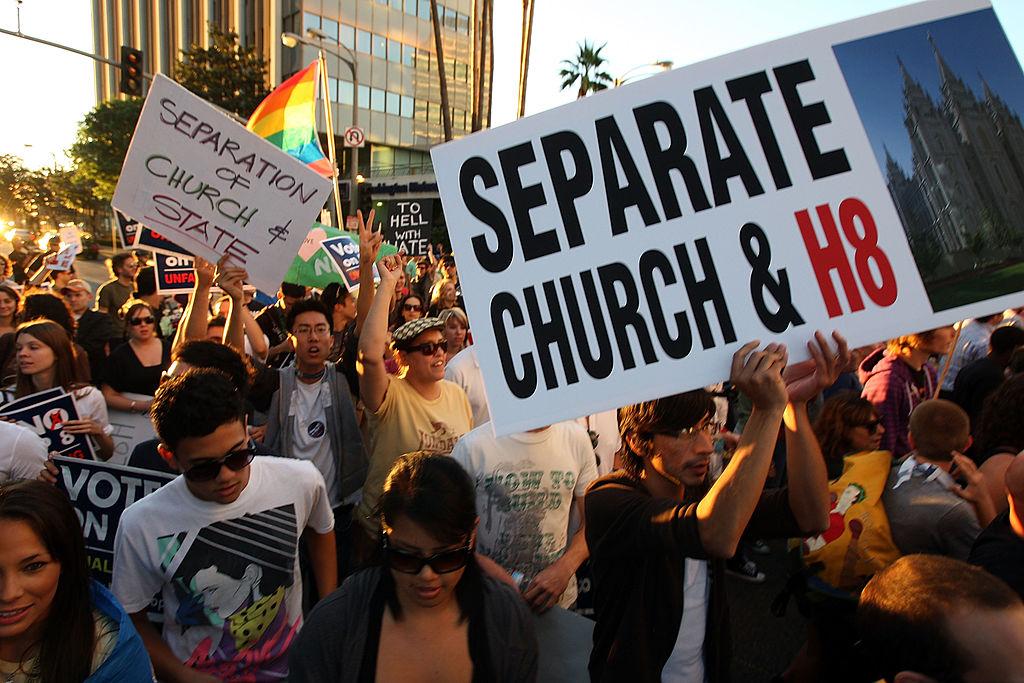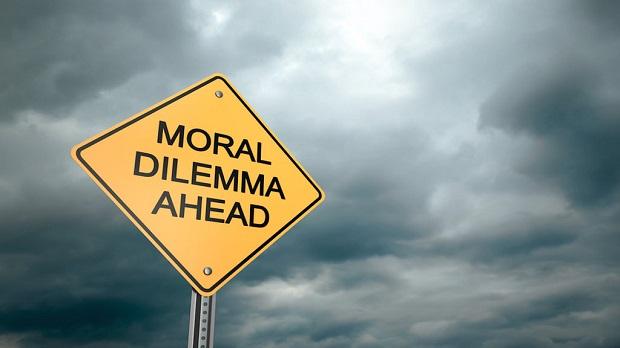In the last few months, and even in the last few days, there have been incidents here and across the globe that signal the need for all of us to be allies, to stand with and for one another. Whether it’s a natural disaster, a mass shooting, or a national protest—and the backlash that follows— there are opportunities all around us to lend our voices and leverage our privileges to advance inclusion and equity.
But what exactly does that entail? Let’s begin with the concept of allyship. Allyship is the way in which people from non-marginalized groups or dominant groups empathize and stand with people from marginalized groups in their experiences of inequity and inequality and in their fights for equity and equality. For example, white people can be allies within the racial justice movements, able-bodied people can be allies in the fight for rights for people with disabilities, and men can be allies within the movement for gender equality.
There are movements and organizations meant to foster allyship at every level of society. For example, Emma Watson’s global HeForShe Campaign, local chapters of Showing Up for Racial Justice (SURJ), and Rainbow Alliance chapters on college campuses are all groups that foster allyship around specific issues of inequity. Just a few weeks ago, Vadim Liberman wrote in A Point of View column about the importance of male allies for multicultural women in the work place.
We know allyship is important, not just for political or larger social reasons, but because on a more fundamental level, people need to feel accepted and included for who they are, regardless and because of the identities they claim.
However, it seems that being an ally has become an identity itself, though not one you can claim easily. There are countless lists out there about what it means to be a good ally. Most include some semblance of these four pieces of advice: Listen, decenter yourself, don’t expect gratitude, and never stop educating yourself. I would agree with all of these suggestions, but I saw one list recently that more blatantly challenged the idea that allyship is a gradually earned identity or status, dependent on our ability to follow directions, say the right things, and know the right people.
Everyday Feminism posted an article titled “So You Call Yourself an Ally: 10 Things All ‘Allies’ Need to Know” derived from Mia McKenzie’s piece on Black Girl Dangerous, a blog that amplifies the voices of queer and trans people of color, titled “No More ‘Allies’”. Second on this particular list, after listening, is this: Stop Thinking of “Ally” as a Noun. The article goes on to quote McKenzie, arguing that solidarity is an action, not an identity. The next point on the list supports this argument, saying “Ally is not a self-proclaimed identity.”
I realized while reading this that even though I associate being an ally with action, listening, education, and all the other solidarity-centered, action-oriented suggestions in these various lists and articles, I too often focus on the identity of allyship as a thing to be rather than a way to live. If we are focused on allyship as a constant move towards solidarity rather than as an identity, we would ask different questions:
Identity or Solidarity? |
||
| Am I saying/doing the right things? |
VS. |
Is what I am saying/doing inclusive? |
| Have I listened enough? | What have I heard? How can I empathize with what I’ve heard? | |
| Have I posted enough articles on social media or gone to enough marches? | Where is my voice needed? In what situations can I leverage my privilege? | |
| Have I adhered to all the lists/memos/policies telling me how to be a good person? | Have I adhered to the calls for justice, inclusion, equity, and compassion? | |
When we focus on the title or on identifying ourselves as a “good person”, we tend to forget who it is that we are being good for and with. We tend to forget that we are not here to save the marginalized with our perfect ally approach; rather, we are here to stand with, sit and talk with, and share life with people. We are here to see the humanity in one another, even when society or politicians or media or religious institutions tell us that for one reason or another, based on one identity or another, we are less than. We all have parts of ourselves that still need to be seen and heard, affirmed by others who may be different. So while, as many of these lists state, allyship is a about decentering yourself, it’s also about grounding yourself in the knowledge of your own humanity and in your ability to build reciprocal, challenging, loving relationships with people across lines of difference.
So, what are the limits of “allyship”? Just as with any of the topics in this series, the limit is when people become second to the goals. When allyship becomes more about identity than action, when it becomes more about saving than listening, when it becomes more about titles than people, that’s where we draw the line.



















